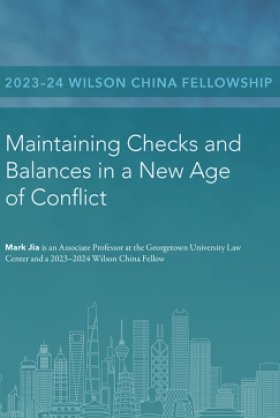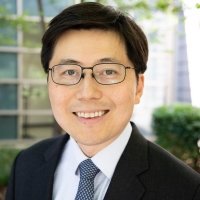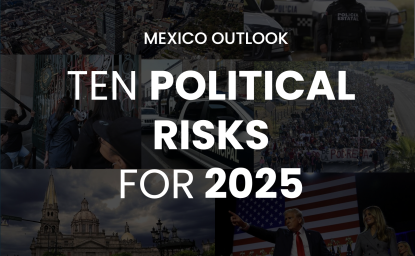Maintaining Checks and Balances in a New Age of Conflict


This paper addresses how US-China rivalry is shaping the primary institutions of American constitutional governance. It asks whether new geopolitical demands have eroded traditional checks and balances between Congress, the President, and the courts. History teaches that global conflict can alter the balance of constitutional powers, leading at times to executive overreach, congressional abetment or acquiescence, and judicial deference. Are these structural patterns being reproduced today? How can politicians, policymakers, and governments lawyers ensure that healthy interbranch dynamics persist through a new age of conflict?
Author

Associate Professor of Law at Georgetown University

Kissinger Institute on China and the United States
The Kissinger Institute works to ensure that China policy serves American long-term interests and is founded in understanding of historical and cultural factors in bilateral relations and in accurate assessment of the aspirations of China’s government and people. Read more

Explore More
Browse Insights & Analysis
Imamoglu’s Arrest Sparks Nationwide Unrest and Raises Fears for Turkish Democracy


